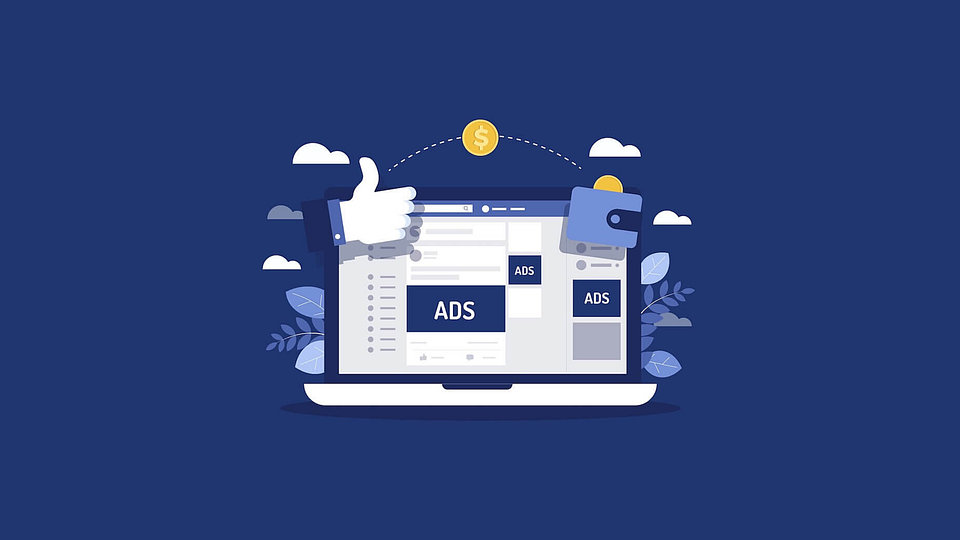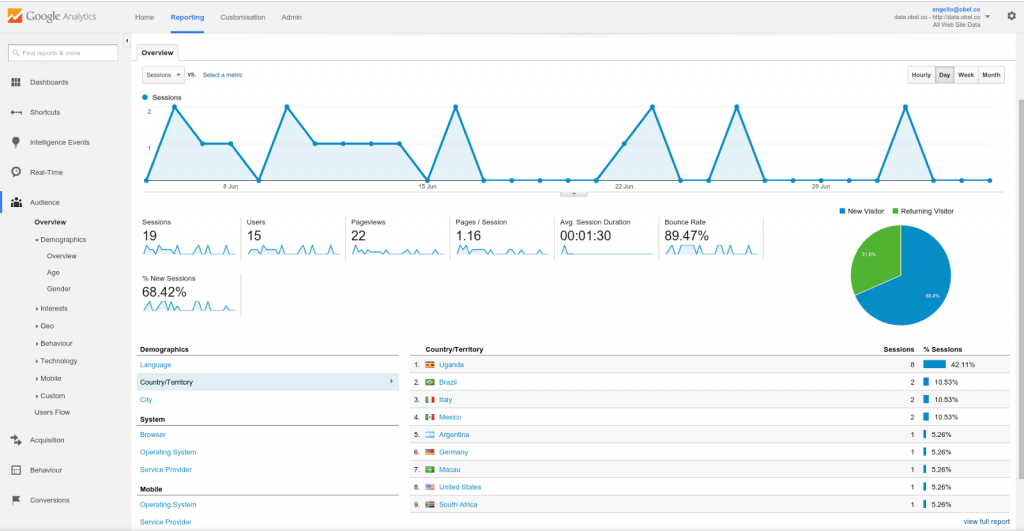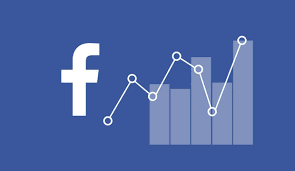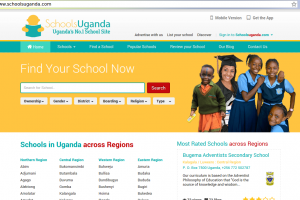Facebook announced that its Analytics feature will be going away soon. Precisely, it will no longer be available after June 30, 2021. However, until then, users can still access reports, export charts & tables, and explore insights.
Facebook Analytics is a free tool that allows users to merge data from a Facebook page to Pixel. The tool, however, isn’t as popular as robust analytics tools like Google Analytics, Mixpanel, Kissmetrics, Hotjar e.t.c.
With Facebook Analytics, users can create funnels, cohorts, charts, and other relevant data to monitor customer interactions across Facebook and Instagram platforms.
For people who use the tool, and will be affected by its impending death, there are a couple of other alternatives that can serve the same purpose. In this post, we’ll be listing a couple of these tools to check out.
READ MORE: How to Connect Your Facebook Page to Instagram Business Account [+ What Happens When You Do]
Alternatives to Facebook Analytics
1. Facebook Business Suite
The Business Suite on Facebook lets you manage all of your connected accounts across Facebook and Instagram from one place. You get access to a number of tools like Inbox, Stories, Analytics and Insights, Commerce Manager, Ads Creation tools, and more.
The Business Suite is available for both desktop and mobile devices.
2. Facebook Ads Manager

With Facebook Ads Manager, you can create, run, and manage ads for your Facebook and Instagram pages. It’s a holistic tool that lets you track your ad campaigns in one place and monitor their performance.
Unlike Facebook Analytics, however, you don’t get access to see page stats from organic sources or traffic.
3. Facebook Events Manager
Facebook Events Manager allows you to see your web events data and depending on your configuration, they can be tied to actions on your website. An example of these actions is Conversion, or AddToCart (for e-commerce platforms). This is made possible by installing Facebook Pixels to your website.
4. Google Analytics

Google Analytics can be a wholesome alternative to Facebook Analytics. This is because it can help you track entire user journeys and customer flows, including acquisition and retention data. With Google Analytics, using custom URLs, you can collect customer data from Facebook or Instagram sources or campaigns.
These are the top alternatives to Facebook Analytics. While the Facebook-based tools do not individually replace Facebook Analytics, Google Analytics proves to be more wholesome. However, business owners and marketers can make a replacement decision based on their needs.
Note: To retain access to your currently available data on Facebook Analytics, you will need to export it to your desktop by the end of June.












